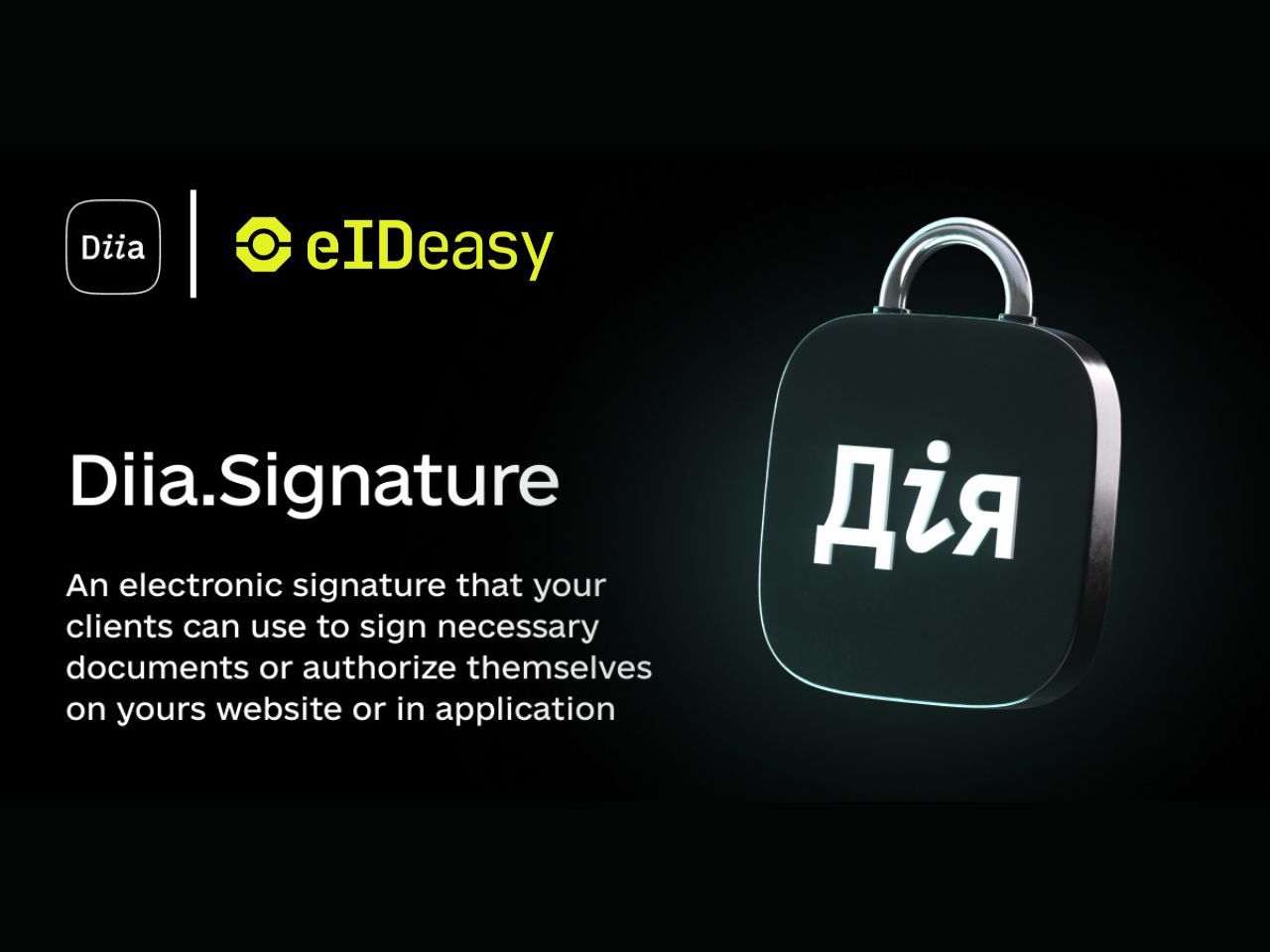A signature is more than just a scribble—it's a personal mark that confirms identity, intent, and agreement. Traditionally, this has meant putting pen to paper in a way that’s unique enough for handwriting experts to verify in court. But in today’s digital world, signatures have evolved—and so has the need for secure, reliable, and compliant electronic alternatives.
What Is an Electronic Signature?
An electronic signature (eSignature) is any digital indication of agreement or approval. It can range from a typed name in an email to a cryptographically secured mark that meets rigorous legal standards. Not all eSignatures are created equal, which is why understanding the different types is essential—especially when high-value or legally sensitive documents are involved.
The Three Types of Electronic Signatures Under eIDAS
The eIDAS regulation (Electronic Identification, Authentication and Trust Services) governs electronic signatures within the European Union. It defines three main categories:
1. Qualified Electronic Signatures (QES)
- Highest level of trust and legal recognition
- Requires identity verification through a Qualified Trust Service Provider (QTSP)
- Uses advanced cryptographic methods to prove:
- Who signed the document
- That the document hasn’t been altered
- Equivalent to a handwritten signature in all EU member states
QES is ideal for situations where full compliance, security, and trust are non-negotiable—such as property transactions, loan agreements, employment contracts, or cross-border legal documents.
2. Advanced Electronic Signatures (AdES)
- More secure than simple signatures, but not as robust as QES
- Tied to the signer's identity and detects tampering
- Often used in regions where QES infrastructure is still developing
AdES is well-suited for internal approvals, B2B agreements, or medium-value transactions, where a reasonable level of identity assurance is needed.
3. Simple Electronic Signatures (SES)
- The most basic form of eSignature
- Includes actions like replying "I agree" via email or sending a confirmation via messaging apps
- Legally recognized under eIDAS, but lacks verification mechanisms
While SES might suffice for everyday interactions or non-sensitive agreements, it's not recommended for anything where proof of identity or document integrity could be challenged.
Choosing the Right Signature for the Job
Each signature type has its place. If you're confirming attendance at a birthday party, a simple message is probably enough. But if you're signing a multi-million-euro contract, only a Qualified Electronic Signature will provide the legal and technical assurances required.
At eID Easy, we make it simple to access all three types of eSignatures—with a single integration that connects you to a global network of Qualified Trust Service Providers (QTSPs) and Certified Authorities (CAs). Whether you're operating across Europe or globally, we ensure extensive coverage, full compliance, and effortless digital workflows.


